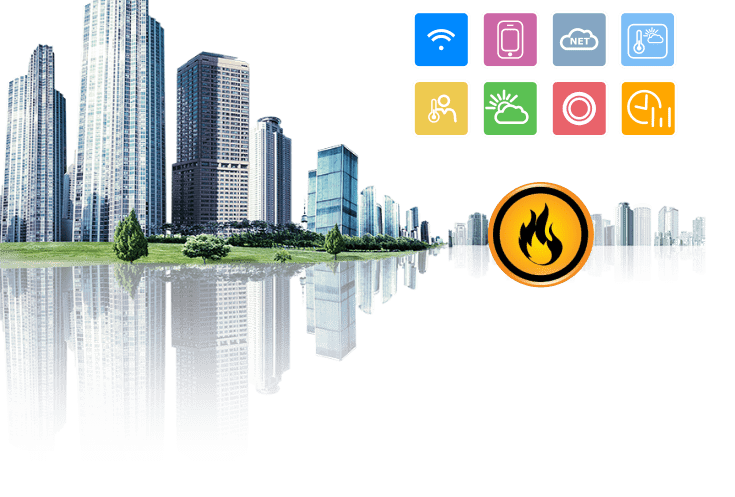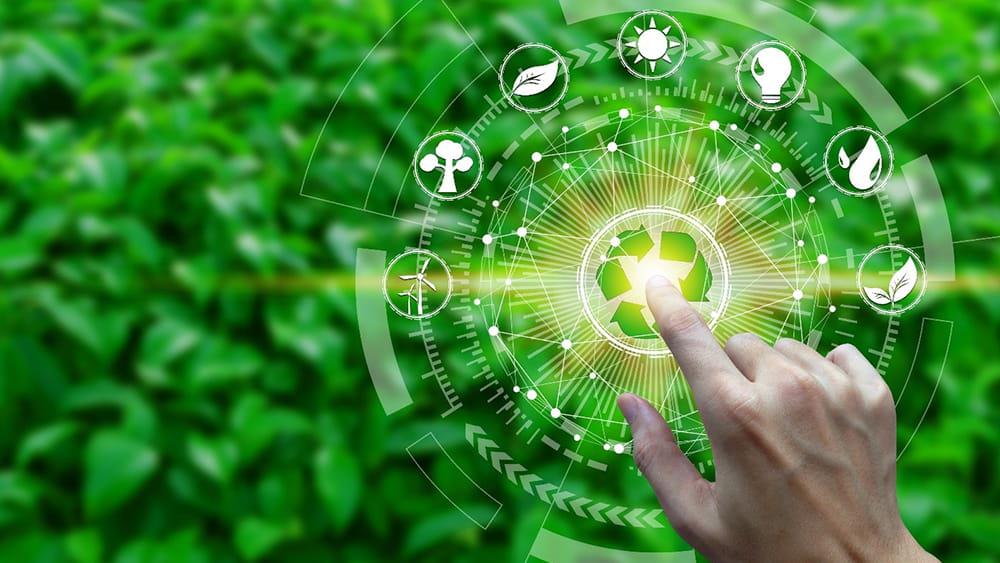Boiler is a device designed to heat water or other coolant used in heating and hot water supply systems. It runs on different types of fuel such as gas, liquid fuel, electricity or solid fuel. The main function of the boiler is to convert fuel combustion energy into thermal energy, which is then transferred to the coolant.
Boilers come in different types, differ in installation method and dimensions, including floor-mounted and wall-mounted, in the fuel used, including gas, diesel, solid fuel (coal, firewood, pellets, briquettes), heat pumps, as well as in design features, for example, condensing, traditional and combined. The key components of the boiler are:
- Heat exchanger, the power of the equipment depends on the efficiency and heat exchange area.
- Burner or fuel combustion chamber.
- Pump (internal or external).
- Control systems (controller, internal or external) that ensure efficient and safe operation of the device.
The hydraulic piping of the boiler is carried out in a separate circuit and, if necessary, is equipped with a safety group, a three-way or four-way valve. This guarantees protection against overheating, condensation and other functions necessary for stable and safe operation of heating equipment.
Boiler types:
- pyrolysis;
- solid fuel;
- solid fuel pellets;
- gas;
- diesel
Alternative preparation of coolant for heating:
- heat pumps;
- solar collectors for hot water supply and heating;
- electric heating.





